Dr. B. R. Ambedkar’s last speech in the Constituent Assembly made on November 25, 1949, before the Constitution of India was adopted on the following day, is a landmark piece that deserves to be read and reread even in our times. The succinct explanations to some of the observations on the nature of the Constitution and the working of Democracy that he provides, the anxieties that he voices, the urgent issues that need to be addressed by the nation that he outlines and the charter that he lays out for Indians are worth pondering over. This note has excerpts of Babasaheb’s monumental speech and does not offer any comments or opinions. However, the editor has added headlines and endnotes at certain places to make this long read more accessible to the reader.
Join Cultural Samvaad’s WhatsApp community
The full speech can be accessed at https://www.mea.gov.in/Images/CPV/Volume13.pdf (Retrieved on 14 April 2025).
Excerpts from Dr. B. R. Ambedkar’s Last Speech in the Constituent Assembly | 25 November 1949
Good Constitution, Bad People = Failure
Because I feel, however good a Constitution may be, it is sure to turn out bad because those who are called to work it, happen to be a bad lot. However bad a Constitution may be, it may turn out to be good if those who are called to work it, happen to be a good lot. The working of a Constitution does not depend wholly upon the nature of the Constitution. The Constitution can provide only the organs of State such as the Legislature, the Executive and the Judiciary. The factors on which the working of those organs of the State depend are the people and the political parties they will set up as their instruments to carry out their wishes and their politics. Who can say how the people of India and their parties will behave ? Will they uphold constitutional methods of achieving their purposes or will they prefer revolutionary methods of achieving them ? If they adopt the revolutionary methods, however good the Constitution may be, it requires no prophet to say that it will fail. It is, therefore, futile to pass any judgment upon the Constitution without reference to the part which the people and their parties are likely to play.
The Constitution can be Amended.
One has only to examine the provision relating to the amendment of the Constitution. The Assembly has not only refrained from putting a seal of finality and infallibility upon this Constitution by denying to the people the right to amend the Constitution as in Canada or by making the amendment of the Constitution subject to the fulfilment of extraordinary terms and conditions as in America or Australia but has provided a most facile procedure for amending the Constitution. I challenge any of the critics of the Constitution to prove that any Constituent Assembly anywhere in the world has, in the circumstances in which this country finds itself, provided such a facile procedure for the amendment of the Constitution. If those who are dissatisfied with the Constitution have only to obtain a 2/3 majority and if they cannot obtain even a two-third majority in the parliament elected on adult franchise in their favour, their dissatisfaction with the Constitution cannot be deemed to be shared by the general public.[i]
The Lingering Anxiety – Will History Repeat Itself? Indians have an Obligation to Defend their Independence
On 26th January 1950, India will be an independent country (Cheers). What would happen to her independence ? Will she maintain her independence or will she lose it again ? This is the first thought that comes to my mind. It is not that India was never an independent country. The point is that she once lost the independence she had. Will she lose it a second time ? It is this thought which makes me most anxious for the future. What perturbs me greatly is the fact that not only India has once before lost her independence, but she lost it by the infidelity and treachery of some of her own people. Will history repeat itself ? It is this thought which fills me with anxiety. This anxiety is deepened by the realization of the fact that in addition to our old enemies in the form of castes and creeds we are going to have many political parties with diverse and opposing political creeds. Will Indians place the country above their creed or will they place creed above country ? I do not know. But this much is certain that if the parties place creed above country, our independence will be put in jeopardy a second time and probably be lost for ever. This eventuality we must all resolutely guard against. We must be determined to defend our independence with the last drop of our blood.
Will India remain a Democracy?
On the 26th of January 1950, India would be a democratic country in the sense that India from that day would have a government of the people, by the people and for the people. The same thought comes to my mind. What would happen to her democratic Constitution ? Will she be able to maintain it or will she lose it again.[ii]
I do not know, but it is quite possible in a country like India—where democracy from its long disuse must be regarded as something quite new—there is danger of democracy giving place to dictatorship. It is quite possible for this new born democracy to retain its form but give place to dictatorship in fact. If there is a landslide, the danger of the second possibility becoming actuality is much greater.

How Should Indians Ensure that India remains a Democracy?
The first thing in my judgment we must do is to hold fast to constitutional methods of achieving our social and economic objectives. It means we must abandon the bloody methods of revolution. It means that we must abandon the method of civil disobedience, non-cooperation and satyagraha. When there was no way left for constitutional methods for achieving economic and social objectives, there was a great deal of justification for unconstitutional methods. But where constitutional methods are open, there can be no justification for these unconstitutional methods. These methods are nothing but the Grammar of Anarchy and the sooner they are abandoned, the better for us.
The second thing we must do is to observe the caution which John Stuart Mill has given to all who are interested in the maintenance of democracy, namely, not “to lay their liberties at the feet of even a great man, or to trust him with powers which enable him to subvert their institutions.” There is nothing wrong in being grateful to great men who have rendered life-long services to the country. But there are limits to gratefulness.
This caution is far more necessary in the case of India than in the case of any other country, for in India, Bhakti or what may be called the path of devotion or hero-worship, plays a part in its politics unequalled in magnitude by the part it plays in the politics of any other country in the world. Bhakti in religion may be a road to the salvation of the soul. But in politics, Bhakti or hero-worship is a sure road to degradation and to eventual dictatorship.
The third thing we must do is not to be content with mere political democracy. We must make our political democracy a social democracy as well. Political democracy cannot last unless there lies at the base of it social democracy. What does social democracy mean ? It means a way of life which recognizes liberty, equality and fraternity as the principles of life. These principles of liberty, equality and fraternity are not to be treated as separate items in a trinity. They form a union of trinity in the sense that to divorce one from the other is to defeat the very purpose of democracy. Liberty cannot be divorced from equality, equality cannot be divorced from liberty. Nor can liberty and equality be divorced from fraternity. Without equality, liberty would produce the supremacy of the few over the many. Equality without liberty would kill individual initiative. Without fraternity, liberty and equality could not become a natural course of things. It would require a constable to enforce them.
Introduction to the Constitution of India
Equality in India –Fraught with Contradictions
On the social plane, we have in India a society based on the principle of graded inequality which means elevation for some and degradation for others. On the economic plane, we have a society in which there are some who have immense wealth as against many who live in abject poverty. On the 26th of January 1950, we are going to enter into a life of contradictions. In politics we will have equality and in social and economic life we will have inequality. In Politics we will be recognizing the principle of one man one vote and one vote one value. In our social and economic life, we shall, by reason of our social and economic structure, continue to deny the principle of one man one value. How long shall we continue to live this life of contradictions ? How long shall we continue to deny equality in our social and economic life ? If we continue to deny it for long, we will do so only by putting our political democracy in peril. We must remove this contradiction at the earliest possible moment or else those who suffer from inequality will blow up the structure of political democracy which this Assembly has so laboriously built up.
Ambedkar on Liberty, Equality and Fraternity in ‘Annihilation of Caste’
Fraternity as the Cornerstone of the Nation
Fraternity means a sense of common brotherhood of all Indians—if Indians being one people. It is the principle which gives unity and solidarity to social life. It is a difficult thing to achieve.
Concentration of Power | Making of Class Wars
But there can be no gainsaying that political power in this country has too long been the monopoly of a few and the many are not only beasts of burden, but also beasts of prey. This monopoly has not merely deprived them of their chance of betterment, it has sapped them of what may be called the significance of life. These down-trodden classes are tired of being governed, they are impatient to govern themselves. This urge for self-realization in the downtrodden classes must not be allowed to develop into a class struggle or class war. It would lead to a division of the House.
Therefore the sooner room is made for the realization of their aspiration, the better for the few, the better for the country, the better for the maintenance for its independence and the better for the continuance of its democratic structure. This can only be done by the establishment of equality and fraternity in all spheres of life.
Conclusion: Independence Comes with Great Responsibilities
Independence is no doubt a matter of joy. But let us not forget that this independence has thrown on us great responsibilities. By independence, we have lost the excuse of blaming the British for anything going wrong. If hereafter things go wrong, we will have nobody to blame except ourselves. There is great danger of things going wrong. Times are fast changing. People including our own are being moved by new ideologies. They are getting tired of government by the people. They are prepared to have Government for the people and are indifferent whether it is Government of the people and by the people. If we wish to preserve the Constitution in which we have sought to enshrine the principle of Government of the people, for the people and by the people, let us resolve not to be tardy in the recognition of the evils that lie across our path and which induce people to prefer Government for the people to Government by the people, nor to be weak in our initiative to remove them. That is the only way to serve the country. I know of no better.
Detailed Introduction to the Constitution of India
End Notes:
[i] Dr. Ambedkar had quoted Thomas Jefferson at this juncture. Both the quotes are worth reading and rereading given their applicability in multiple contexts.
“We may consider each generation as a distinct nation, with a right, by the will of the majority, to bind themselves, but none to bind the succeeding generation, more than the inhabitants of another country.”
“The idea that institutions established for the use of the nation cannot be touched or modified, even to make them answer their end, because of rights gratuitously supposed in those employed to manage them in the trust for the public, may perhaps be a salutary provision against the abuses of a monarch, but is most absurd against the nation itself, Yet our lawyers and priests generally inculcate this doctrine, and suppose that preceding generations held the earth more freely than we do; had a right to impose laws on us, unalterable by ourselves, and that we, in the like manner, can make laws and impose burdens on future generations, which they will have no right to alter ; in fine, that the earth belongs to the dead and not the living;”
[ii] Dr. Ambedkar refers to India’s democratic heritage by referring to the democratic modus operandi of the meetings of the Buddhist Sanghas. He acknowledges that the processes must have been borrowed from the rules of the Political Assemblies functioning in the country in Buddha’s time.
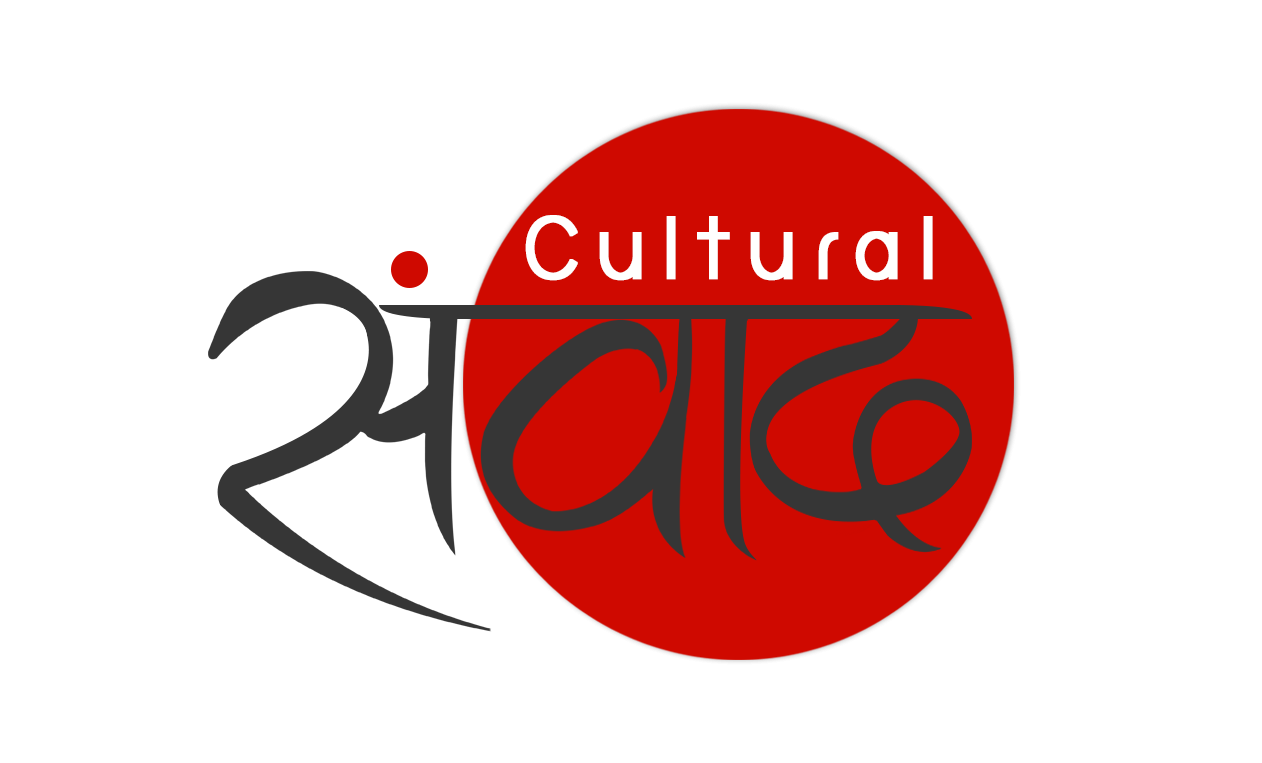

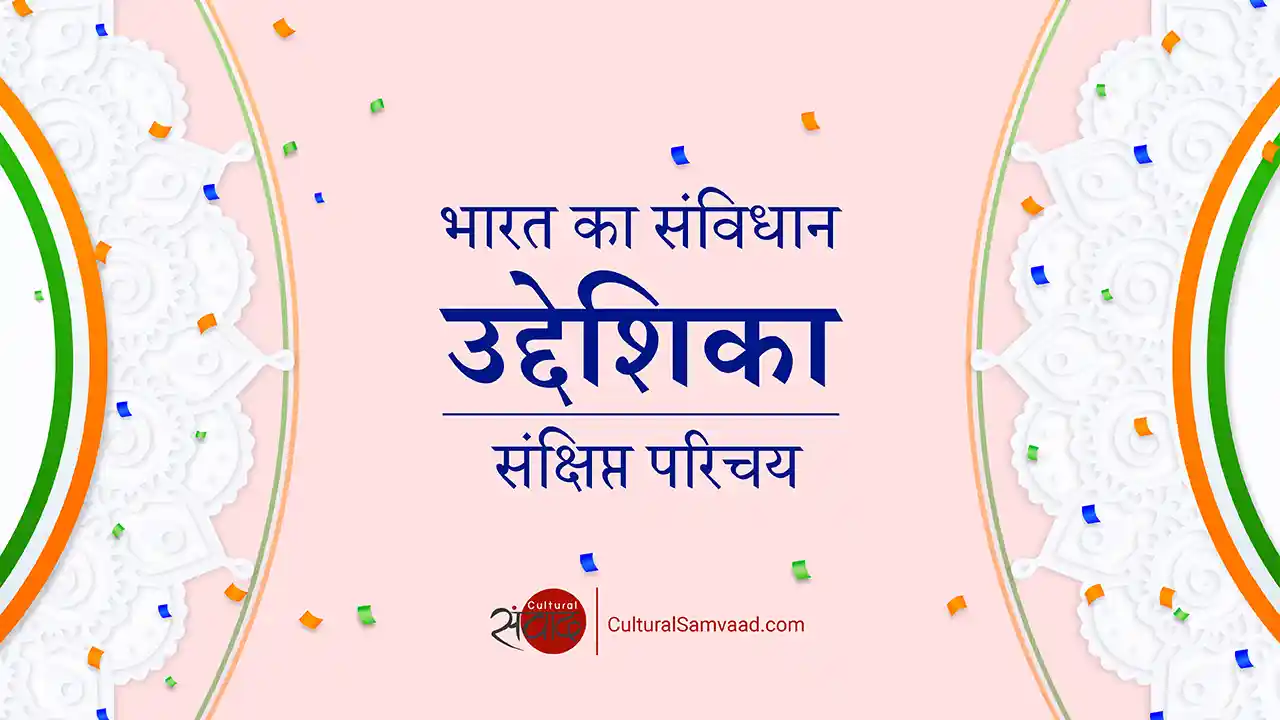
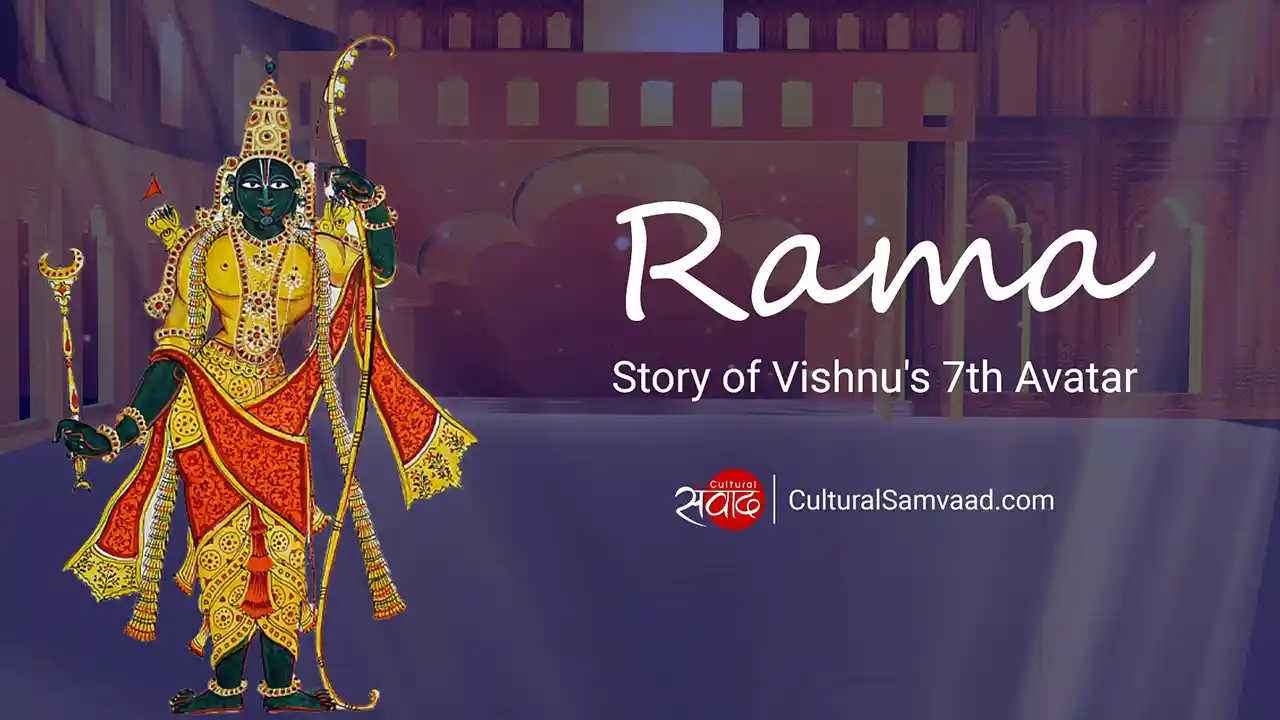
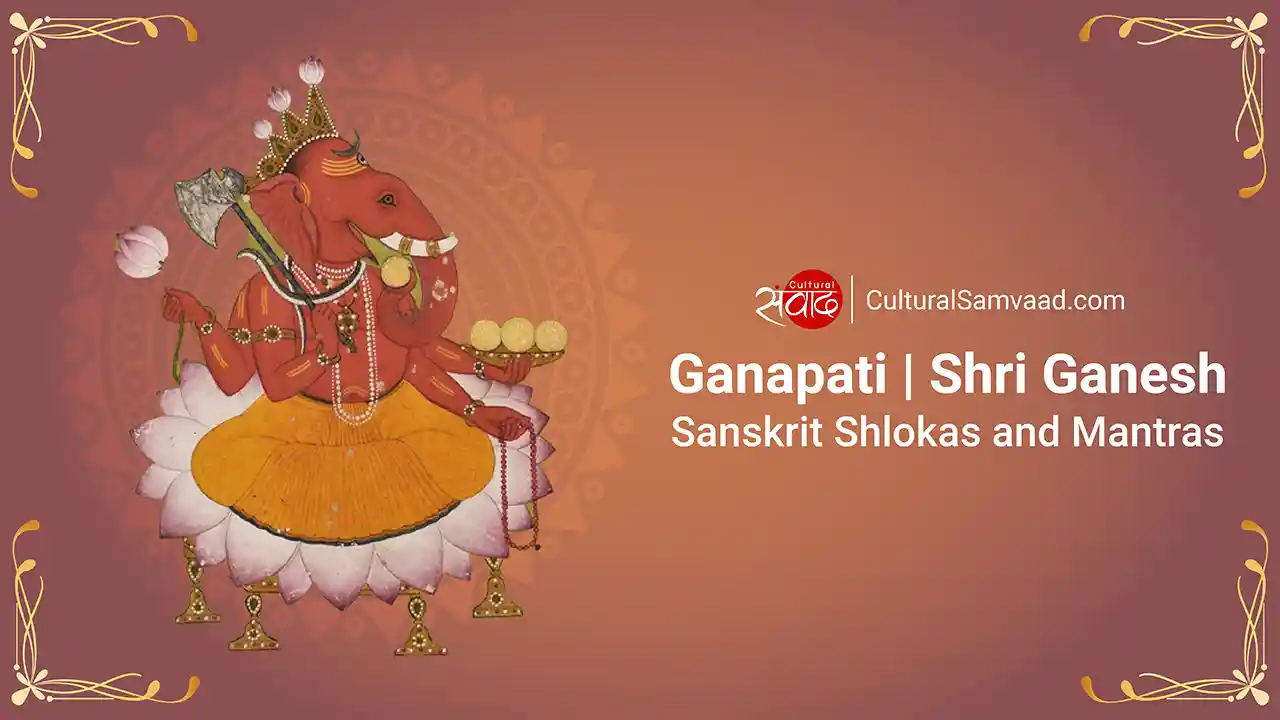
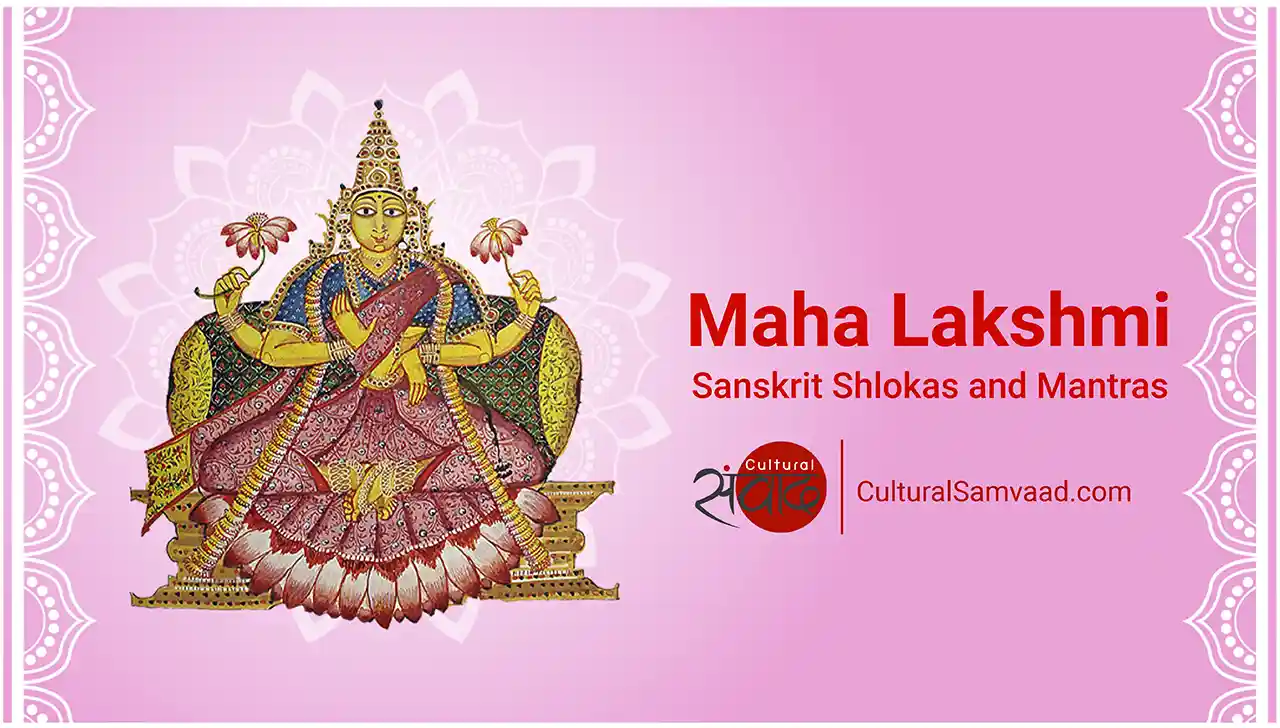
Add comment